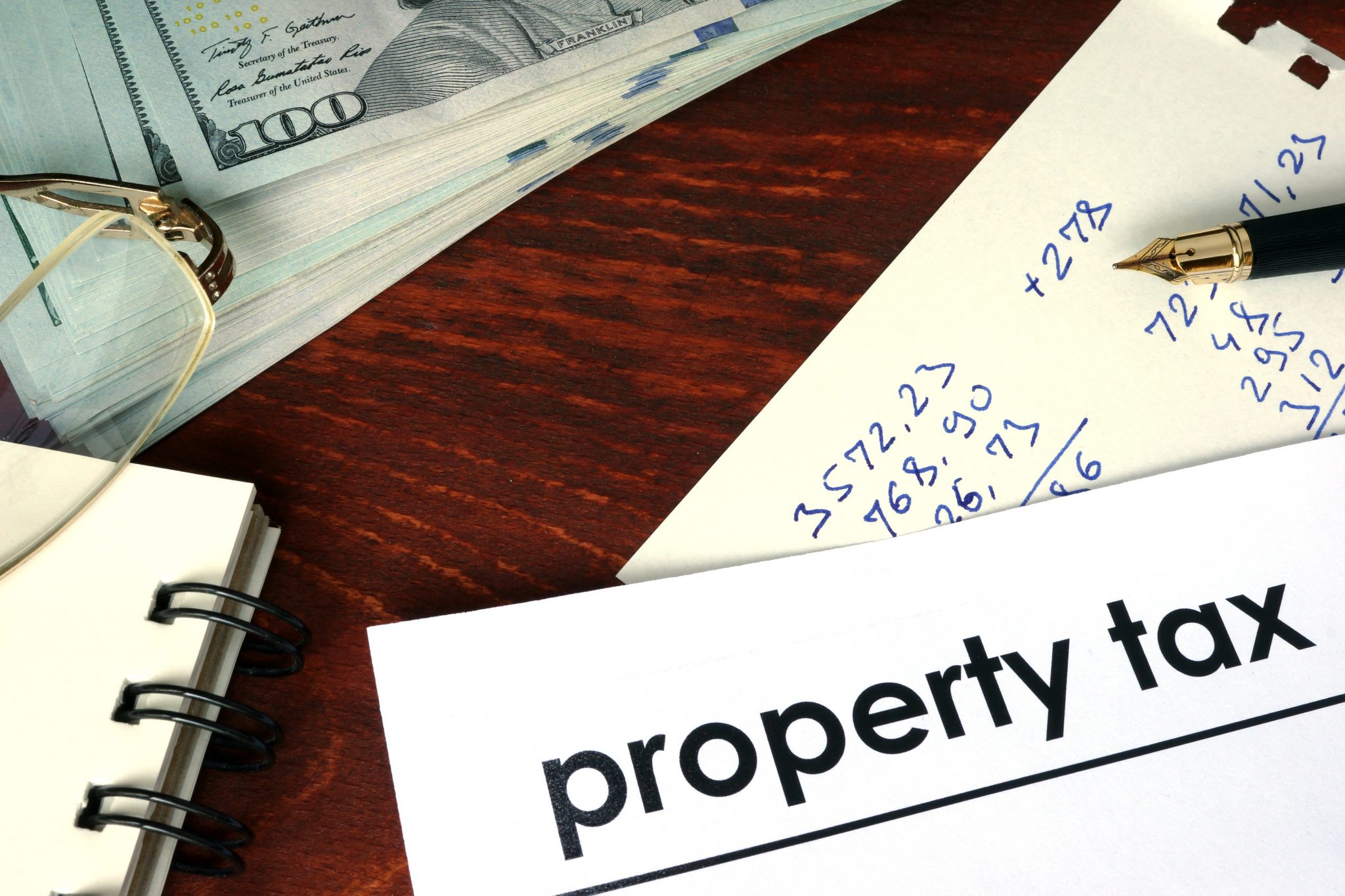Now is the time to make the proper real estate tax moves for 2019, and if you are a serious real estate investor, this definitely applies to you.
First, you have to check with your CPA to determine if you are classified as a professional real estate investor, or if your real estate activities will be considered passive. The IRS says you are a professional real estate investor if:
- You perform in excess of 750 hours of personal services during the tax year in real property trades and businesses and
- over half of your personal services performed during the year were in real property trades and businesses.
If you are able to be classified as a professional real estate investor, you can write off any losses against your yearly income when you do your real estate tax.
Otherwise, your real estate losses will be considered passive, and are only allowed to be used to offset other income if you “actively participated” in the passive investment; if this is true you can only deduct up to $25,000 of your losses against your income, but only if your “modified gross income” is less than $100,000 per year. There are other qualifiers also, and that’s why you need to talk to your CPA about deducting any real estate losses.
CPA Is a Must
You probably don’t close any deals until your attorney has looked over the closing statements. Even though you may be a pro, attorneys can quickly spot errors, omissions, and clauses that are not in your favor.
The passive v. non-passive income issue can be quite complex, and the last thing you want to do is trigger an IRS audit because your DIY tax return was full of errors. Don’t skimp on accounting advice and be sure to budget enough for a quality accounting professional. Under no circumstances should you try to navigate IRS tax return forms and try to do your taxes yourself.
Where the IRS Audits More
Income tax filings in these counties were audited at a higher rate than the nation as a whole, courtesy of ProPublica:

Losses Can Be Useful
Since, if circumstances permit, and you are able to use real estate losses to offset income, those losses have to exist, and here is where year-end planning can be key.
Basic end-of-the-year business practice dictates that any income that can be delayed should be put off until the next year and this income can consist of:
Flipping
Don’t close any house flipping deals until next year if possible. That way, you can show all of the expenses you have accumulated to do the remodeling, but since you haven’t yet cashed out, the entire project can provide you with a nice 2019 loss.

Repairs
Do all repairs this year; don’t put anything off until 2020. Therefore, those repair expenses can offset rental income, for example.
Buy Materials Now
Doing a big remodel next year? Buy the materials this year and use the costs to offset 2019 income.
Get Inspections Done
The Northern Virginia Real Estate team gave the following tip: “Need an inspection for an upcoming sale? Don’t wait until next year; do it now and reap the tax benefits of another expense.”
HOA Assessments
If you have an HOA bill or even a big assessment due next year, try to make the payment this year so you can create more 2019 expenses.
Prepay Mortgages
Make sure you pay all January 2020 mortgage and rent payments in December 2019 as these expenses can be substantial.
Don’t Deposit Rents
On the other side of the ledger, don’t deposit 2019 any rents you have received until next year as this will reduce your 2019 gross income.
Caveat
Of course, you have to be in a good financial condition to purchase items before you need them and to delay depositing checks until next year, and if things are tight, you’ll have to proceed as you normally would throughout the year.
Being a great businessperson means taking care of clients/customers but all keeping careful records. There is no sense in paying any more taxes than you to, so again, prepay what you can, put off depositing funds until after the new year begins, and be sure to consult with your CPA before you do anything.
